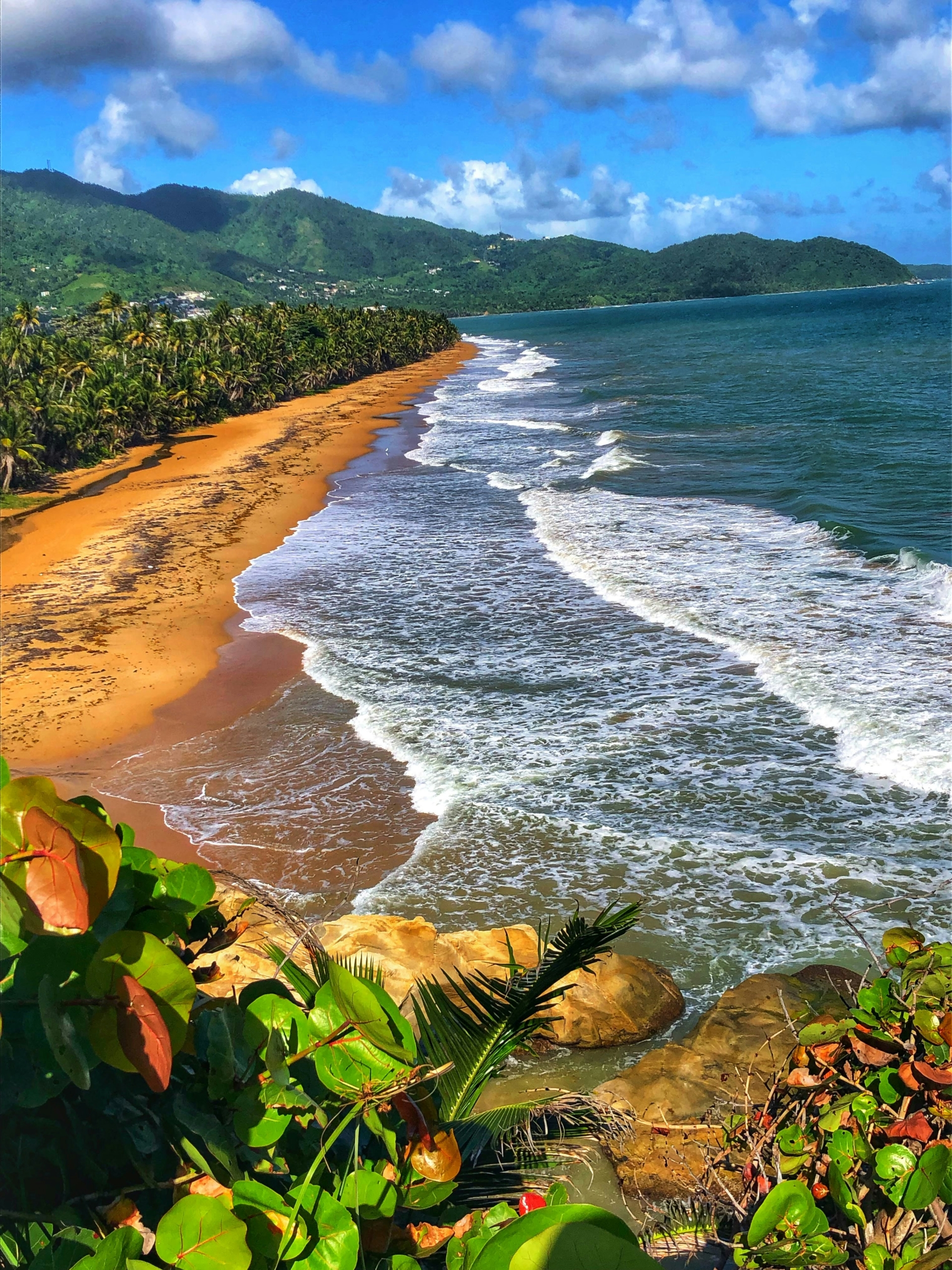
Pre-Requisites
- Minimum GPA: 2.5
- Judicial Check
- Academic Conduct Review
- Open to sophomores, juniors and seniors.
- Students must be enrolled in either BIOL 380 or ENST 285 during the Spring 2026 semester. All BIOL 380 students are required to have passed POB I (BIOL 105) and POB II (BIOL 106) with a C or better. ENST 285 students are required to have passed ENST 100 with a C or better.
- Transfer credits acceptable for pre-requisites.
Dates and Important Links
- Spring 2026 Dates: March 14-21, 2026
- Deadline: Apply on Via TRM! by October 1st, 2025
- Please note: This program is currently under review for approval. Applicants will be informed about official approval for 2026 before Spring Registration Period.
Highlights
- Study biodiversity and conservation throughout the beautiful island of Puerto Rico
- Visit historical cities, rainforests, mangroves, bioluminescent bays, and more
- No Spanish language required (though it’s helpful)
- No passport needed
Costs
- Estimated Program Cost: $3,600
- The cost includes airfare, accommodations, excursions, international health insurance, some meals, and more.
- This program fee does not include tuition;
- Students must enroll in the associated Spring course separately, as part of their Spring course load.
- Students can choose to enroll in Tropical Biology (BIOL380) or Conservation & Development (ENST 285)
- Please inquire with the OIE about costs and available aid.
About the Program
Experience the culture of Puerto Rico while being taught by Professors Lorena Torres-Martinez and Parisa Rinaldi. Explore the history and beaches of San Juan, the rainforest in El Yunque, mangroves, bioluminescent bays, farms, and more.
This study tour will introduce students to biodiversity and conservation approaches in tropical ecosystems, as well as critical perspectives on the colonial history of conservation and indigenous voices shaping conservation and development futures. While in Puerto Rico, students will travel to different natural forests and preserves, and visit coastal coral and mangrove restoration projects, as well as agro-ecological projects.
Academics
This study tour is an embedded part of a spring course of students’ choice: either Tropical Biology or Conservation & Development. Please note that all students must register for at least one of these courses and commit to the study tour (and associated program fee) to participate in the course and its Spring Break 2026 Puerto Rico Study Tour. Students will choose to register for a spring semester course in Conservation and Development (ENST 285) or Tropical Biology (BIOL 380). These course sections will join together for the travel component of the course over Spring Break in 2026.
Tropical Biology introduces students to the physical, chemical and biological characteristics and processes of a range of tropical environments, such as rain, dry tropical forests, and coastal mangrove, using Neotropical ecosystems in Puerto Rico as primary examples. Emphasis will be placed upon the identification of tropical biota, ecological interactions within tropical communities, and human impacts on tropical ecosystems. The laboratory component will be a field trip in Puerto Rico over the spring break. Students are required to commit to the field trip.
Conservation & Development explores the intersections of global biodiversity conservation and development. Through interactive lectures, discussions, and a week-long field visit to conservation and community development sites in Puerto Rico, participants will critically analyze the foundations of conservation practices, current international frameworks, and emerging alternatives that value the unique contributions of indigenous peoples and worldviews. This course is offered concurrently with tropical biology, offering students a multidisciplinary perspective and global focus on tropical biodiversity and conservation imperatives. Students will complete readings, participate in class discussions, and engage in a series of excursions that will be recorded through fieldnotes and culminate in a final written report.
Faculty Leaders
Professor Lorena Torres-Martinez, ltorresmartinez@smcm.edu
Professor Parisa Rinaldi, pnrinaldi@smcm.edu
Transfer Credit Policy
Credits earned on this program are SMCM credits and do not need to transfer.
Academic and Judicial Policies
The academic and judicial requirements for any student considering studying abroad.
Financial Aid and Scholarships
How financial aid will apply towards your study abroad program and what scholarships are available.
Payments and Services
Payment processes for semester-long, short-term, and non-SMCM study abroad programs.
